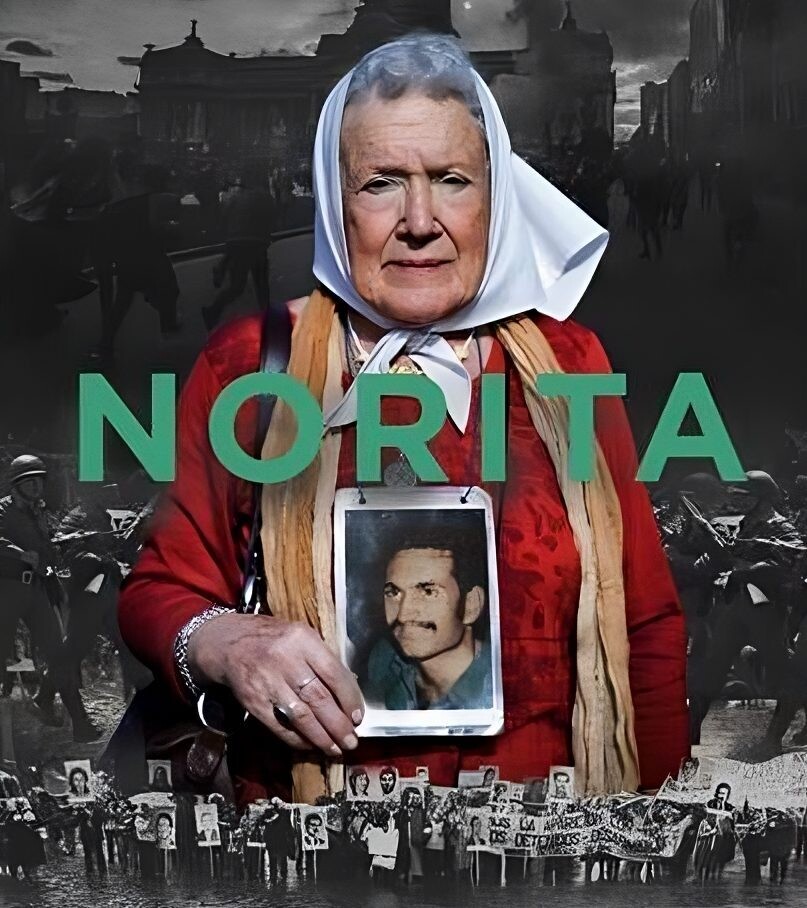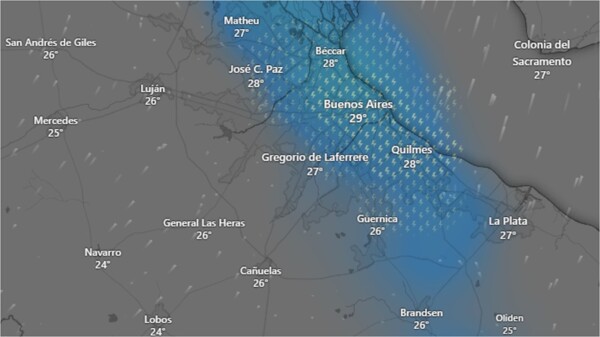
In those years, during one of the happiest and freest moments of his life in Buenos Aires, Jayson McNamara met Nora 'Norita' Cortiñas, one of the Mothers of Plaza de Mayo, with whom he established a particular intimacy that allowed them to take advantage of the tension between her street activism and her home life.
Following the disappearance of her son Gustavo in 1977, Nora initiated a resistance movement alongside other mothers, becoming a symbol of the struggle for human rights amid the dictatorship in Argentina. This experience left a profound mark on McNamara, who felt the need to tell Norita's story through a documentary alongside his colleague Andrea Tortonese.
Tortonese and McNamara, the documentary's directors, accompanied Norita in her activism, witnessing her powerful presence in the defense of human rights. Despite the tensions that arose from her role as an activist and her life as a traditional housewife before joining social struggles, Norita became a conflicted and imperfect character who politicized her pain to call for collective action.
The film portrays Nora Cortiñas as a dynamic woman who, despite the pain, leaves a feeling of hope. The documentary, written and directed by Tortonese and McNamara, will be presented at various memory sites across the country during March, in commemoration of the month of memory, truth, and justice in Argentina.
The Provincial Commission for Memory will manage a circuit of screenings in coordination with the documentary's producers to spread the life and activism of Nora Cortiñas. The screening agenda includes locations such as Pergamino, General Lavalle, Quilmes, and La Plata, with the goal of reaching a hundred screenings throughout the year. Norita Cortiñas, an inspiring human rights defender, has been the driving force behind this emotional documentary that seeks to convey her valuable struggle through the screen.














